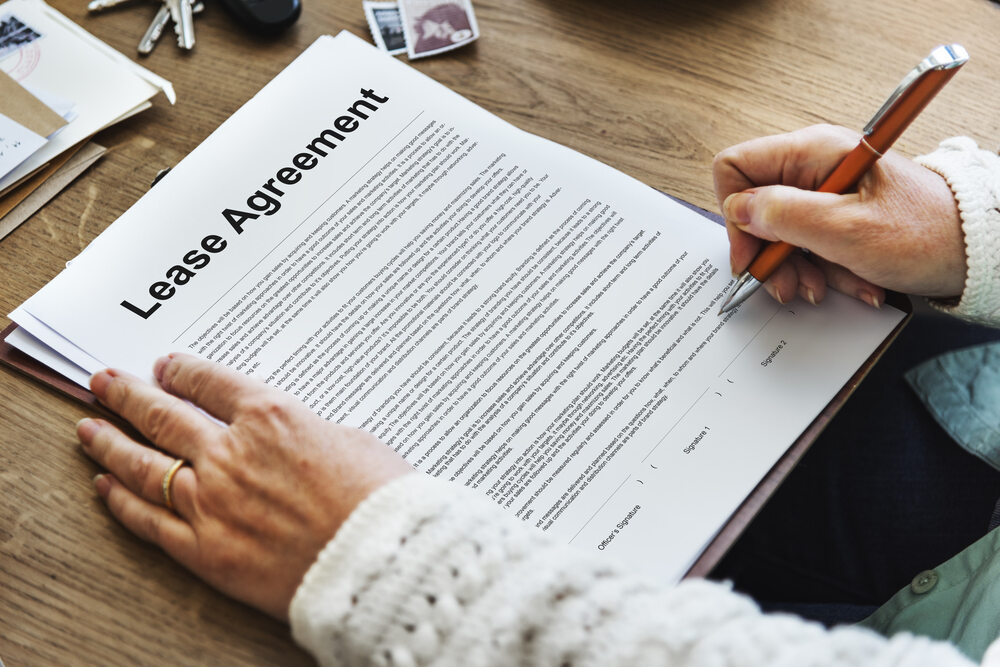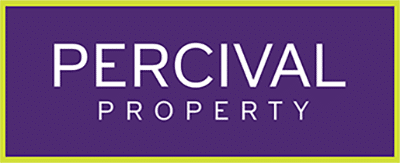Before signing a lease for your home, it’s important to understand the specifics of the agreement. Whether you’re a first-time tenant or have experience, being aware of your rights and responsibilities can help prevent future disputes. In this blog, we’ll discuss various aspects of lease agreements—a document that not only shapes your rental journey but also provides clarity on your rights and responsibilities.
On this page:

Decoding Lease Agreements: Common Terms
Understanding common terminology acts as a basic guide for individuals who are new to the rental market in New South Wales. By comprehending these terms, you can confidently navigate lease agreements, safeguard your rights and gain a clear understanding of your responsibilities:
- Fixed-term Agreement: A lease with a specific start and end date, commonly ranging from six months to a year, in New South Wales.
- Periodic Agreement: Unlike the fixed term, this is an ongoing lease without a specified end date. It continues until either the tenant or landlord provides written notice to end the tenancy.
- Bond: A deposit taken at the start of a lease to cover potential damages or unpaid rent. A bond cannot exceed the equivalent of four weeks’ rent.
- Rent in Advance: This is a common practice where landlords ask for the first two weeks’ rent before the lease starts. It’s not an additional cost but simply a pre-payment.
- Termination Notice: A formal notice given by either party (landlord or tenant) to end the lease. The notice period varies depending on the agreement and reasons for termination.
- Urgent Repairs: Essential repairs like no hot water, burst water pipe, gas leaks, or a malfunctioning refrigerator in a fully furnished property. Landlords are usually responsible for managing and funding these.
- Break Lease Fee: If tenants break a fixed-term lease before its completion, they may be required to pay a fee. The amount depends on how much of the lease remains and is set out in the lease agreement.
- Condition Report: A document provided at the start of a tenancy detailing the property’s condition. Tenants should review it, make any necessary additions and return it to the landlord or agent within seven days to ensure no disputes arise at the end of the lease regarding property conditions.
The Rights You Hold as a Tenant
Although the property may be owned by someone else, as a tenant, you have specific rights that ensure your comfort and security:
- Quiet Enjoyment: This means your right to have quiet enjoyment of the property without interruption by the landlord or landlord’s agent.
- Safety and Repairs: The property must be reasonably fit and clean to live in and must meet the minimum standards for habitation. This means it should be structurally sound, have functional utilities, and be free from health hazards.
- Privacy: While you occupy the space, the landlord or landlord’s agent needs to give notice before entering the property. The notice periods for different situations are set out in the lease agreement.
Your Role and Responsibilities as a Tenant
By being a responsible tenant, you not only respect the property but also strengthen your relationship with the landlord:
- Timely Rent Payments: This is paramount. Regular and punctual payments preserve positive relationships and build a strong rental history for your future reference.
- Routine Maintenance and Cleaning: Think of it as looking after your space. On top of regular cleaning, this could include deep cleaning the bathroom, dusting window tracks, and pulling weeds in the garden. Remember, as a tenant, you are required to return the property to its original condition, less fair wear and tear. Keeping up with routine maintenance and cleaning throughout your tenancy will assist in your future vacate.
- Abiding by Property Rules: Every property may have its own set of rules, and if it is a strata complex, there will be additional by-laws. Whether it’s about guest policies or pet permissions, it’s important to respect them.
- Prompt Damage Reporting: Accidents may happen, but you need to report any damages swiftly.
Breaking Down the Misconceptions
There are a few myths and misconceptions about lease agreements and renting that can be addressed by speaking with your managing agent or consulting the NSW Fair Trading website.
It’s always beneficial to get clarity on any doubts before signing a lease agreement.
Start Your Property Rental Journey with Percival Property
At Percival Property, we provide you with professional support to guide you through the rental market. Our property managers understand every family is unique and ensure our properties resonate with that diversity. Whether you need advice, clear information, or help finding the right property, don’t hesitate to get in touch with us.
